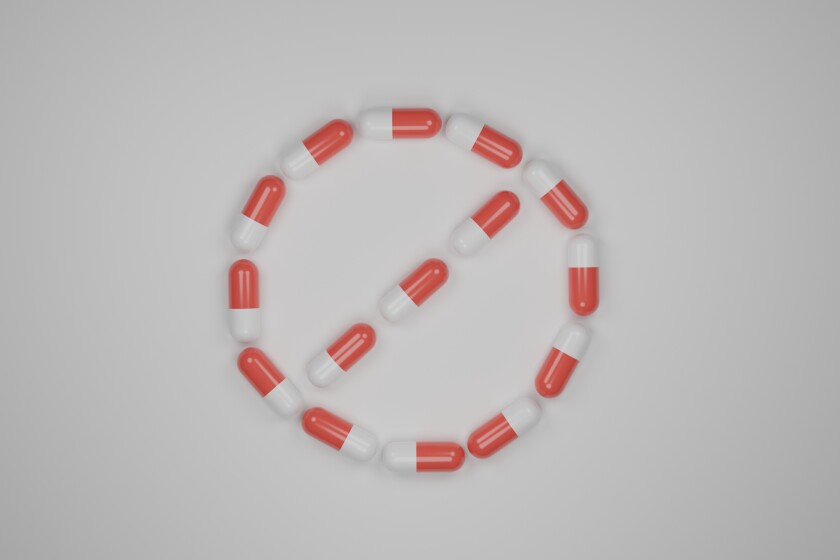A resounding victory
The last days of October brought excitement for one of the leading pharmaceutical companies in the world, Novartis, when its eight-year patent litigation case in Vietnam against a local generic manufacturer finally came to an end.
The background of this case is quite simple. Novartis was the owner of a patent protecting the active ingredient vildagliptin, which was commercialised through its Galvus® product, a medicine used to treat type 2 diabetes. In 2015, the company found that a drug manufacturer in Vietnam’s Binh Duong province on the outskirts of Ho Chi Minh City was producing a medicinal product containing the vildagliptin active ingredient – an infringement of its patent. Novartis first submitted a request to the Ministry of Science and Technology (MOST) to apply administrative sanctions on this infringer.
Subsequently, the MOST Inspectorate concluded in July 2015 that the defendant had committed patent infringement and ordered it to stop producing the infringing drugs and recall them from the market. However, the defendant did not comply with the conclusion, and sought an appeal while it continued to produce the infringing medicine.
Realising that administrative sanctions were not strict enough to deter the defendant, Novartis continued to protect its legitimate rights and interests by initiating a lawsuit at the provincial court where the defendant was headquartered, Binh Duong. Novartis claimed that the defendant had infringed the patent and requested the defendant compensate for damages at the highest level allowed by law, pay attorney fees, and publicly apologise to Novartis in specialised newspapers.
This began a long journey full of challenges that finally ended with the second appellate judgment declared by the High People’s Court of Ho Chi Minh City on October 17 2023. The court accepted all claims raised by the plaintiff, Novartis, that were declared by the first-instance court on April 20 2023 by rejecting the defendant’s appeal against the first-instance judgment. Previously, at the hearing, the People’s Procuracy also requested the court to deny the defendant’s appeal.
En route to this conclusion, the case had a first-instance judgment that was annulled by the High People’s Court on July 24 2020 and transferred to the People’s Court of Binh Duong for re-trial. The results of the two trials, however, were the same, with all claims raised by the plaintiff accepted by the People’s Court of Binh Duong. The patent also expired on December 9 2019, while the case was in progress, but the manufacturer had been infringing the patent while it was still alive.
In the long process of the trial, a series of fundamental issues were raised that the court was both responsible for settling and had the opportunity to settle. This included determining that the authority of the Drug Administration of Vietnam was not related to the patent protection. In other words, a registrant for drug marketing authorisation is subject to and must comply with the laws and regulations on patents with respect to the drug for which it has applied to bring to market.
The court also had an opportunity to reject all claims from the defendant that it was required to consider and collect opinions and evidence from the patent issuance process in other countries, such as the US. This was because, as confirmed by the IP Office of Vietnam, a clear and obvious principle that nonetheless still needed to be reaffirmed in specific cases is that patents granted in Vietnam have an independent and territorial examination process. Therefore, they are not dependent on any other IP agencies in the world in any respect.
In this case, the court also settled many matters relating to the significance, role, form of solicitation and use of assessment conclusions (expert opinions) conducted by specialised agencies. In general, assessment conclusions are still decisive evidence for cases, but they must be carried out properly to be used during the case settlement by the courts.
Good signals
While the courtroom at the High People’s Court was not crowded during the hearing, the final award of the case still managed to attract a great deal of attention. Drug traders and manufacturers in Vietnam seem to understand now that they face huge risks and losses if they are not careful about legal aspects relating to IP rights. Patent owners also see a very encouraging result: although it took a long time, with limitations in terms of enforcement and qualifications of specialised agencies, both the first-instance court and the appellate court issued convincing judgments towards protecting the legitimate rights and interests of patent owners.
While state management agencies such as the Drug Administration of Vietnam, health departments and hospitals were not directly involved in the case, they have recognised that IP issues must always be carefully considered in the process of state management, such as in bidding packages for generic drugs. Vietnam’s project to establish a specialised IP court, which is expected to be submitted to the National Assembly for adoption within the next two years, should further contribute to more effective enforcement in similar cases.
At the very least, the positive results from the Novartis case should give IP owners additional confidence that their future cases will not take eight years to reach a conclusion!
T&G Law Firm LLC (TGVN), the local associate firm of Tilleke & Gibbins, represented Novartis in this case.












